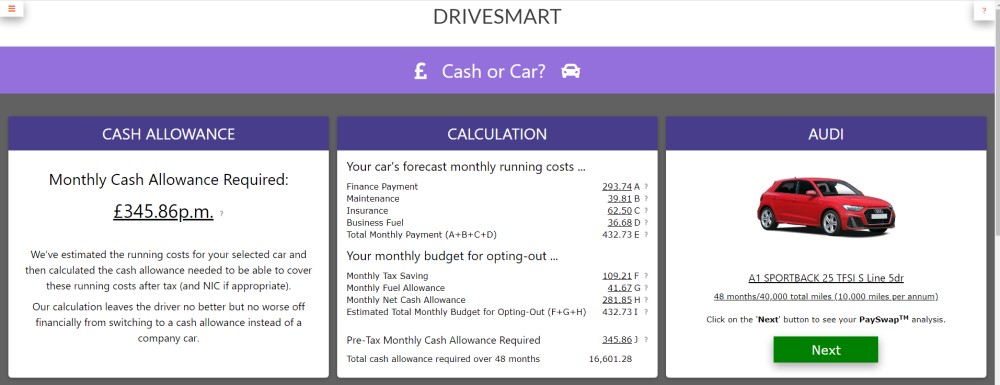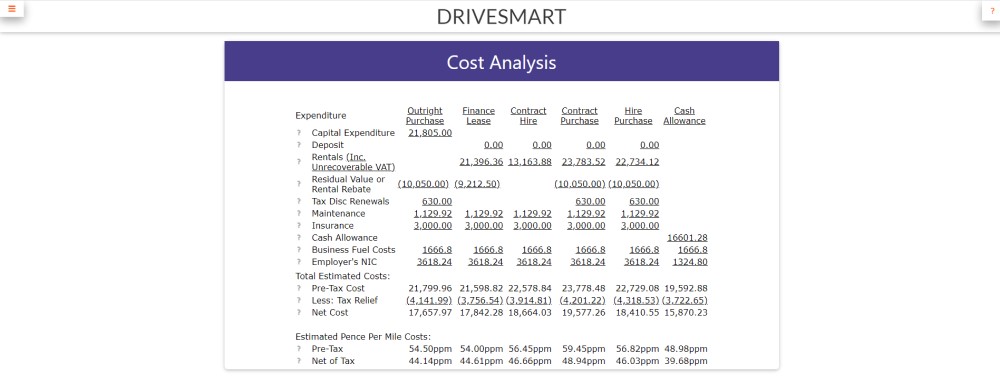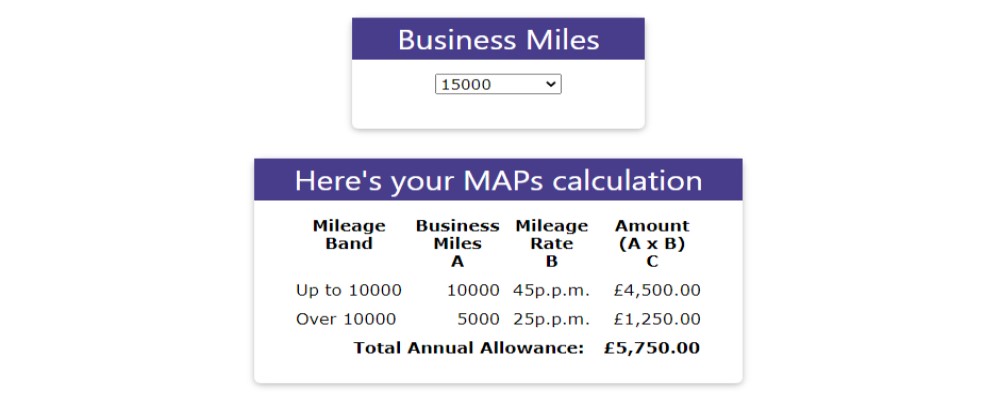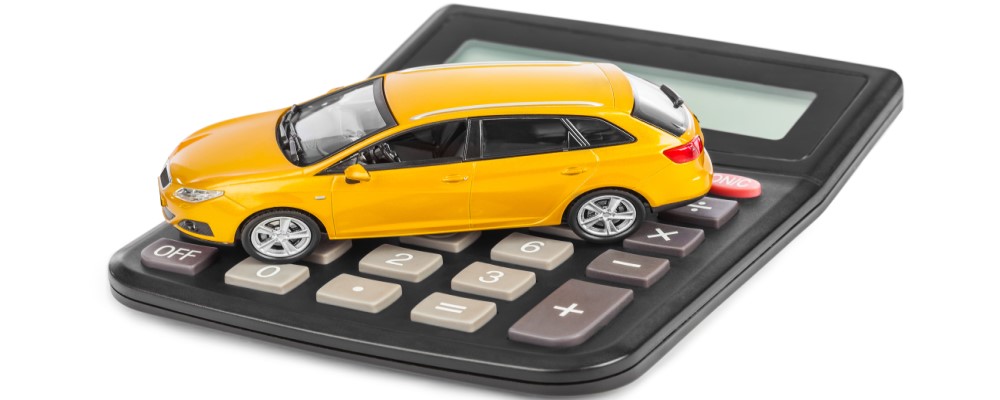The FleetPro Blog: Capital Allowances For Company Cars
We explain the complex rules ....
Capital Allowances For Company Cars
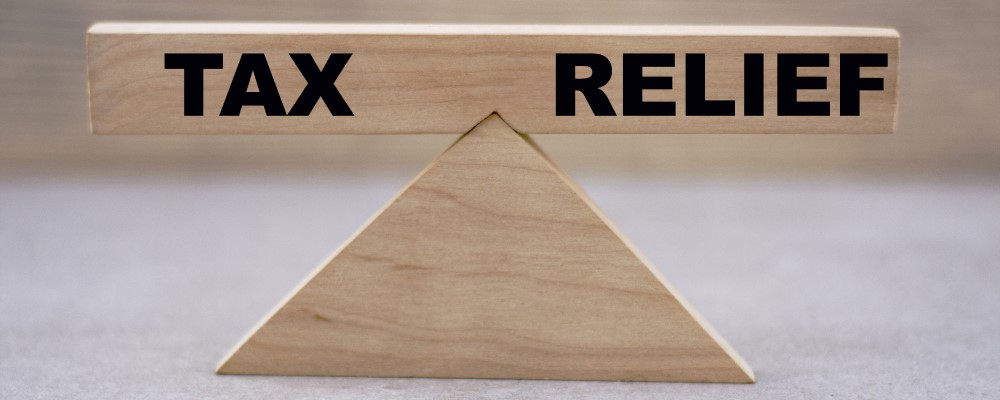
Capital Allowances For Company Cars
1 July 2020
Tax relief for depreciation on company cars is given through a system called Capital Allowances
How Do Capital Allowances Work?
Capital Allowances work by giving tax relief for the depreciation in value of a company car each tax year.
Depreciation in this context is the drop in value of the car compared to the original purchase price.
This includes the basic cost of the car plus delivery charges and the initial registration fee, but excluding the annual vehicle excise duty or tax disc (which is an annual running cost deductible against business taxes in the ordinary way).
A proportion of the depreciation is allowed against business taxes each year, irrespective of the actual depreciation of a car.
The percentage rate of depreciation allowed as a deduction against business taxes depends on the CO2 emissions of the car.
Car CO2 Emission Less than 50g/km CO2
Up to April 2021: For company cars emitting less than 50g/km of CO2 (tax year 2020/21), the full amount of the purchase price can be claimed as a capital allowance in the year of purchase (known as a 'first year allowance'), subject to adjustment if profits are less than the first year allowance available.From April 2021: The CO2 upper limit for first year capital allowances will be reduced to zero GP/Km, so in effect only electric vehicles will qualify for 100% first year capital allowances.
Car CO2 Emission 51-110g/km CO2
Up to April 2021: The capital allowances rate is 18% per annum for cars emitting 51-110GP/Km.Such cars are treated as part of the general plant and machinery assets of the business and added to the overall capital allowances pool for the business.
For example:
A car is purchased for £20,000
The existing capital allowances pool is already at £100,000
The value of the pool becomes £120,000
Capital allowances are given at 18% on the total pool, i.e. £21,600
The pool value carried forward to the next year is £120,000 - £21,600 = £98,400
When the car is sold the sale proceeds are deducted from the value of the pool.
If the sales proceeds are less than the purchase price less capital allowances already given then the difference will continue to be written down in the pool at the 18% rate.
As a result, capital allowances may continue to be given on the difference between the purchase and sale prices for many years after the vehicle has been sold.
From April 2021: The 110GP/Km limit and will be reduced to 50GP/Km, so cars with a CO2 output of 1GP/Km to 50GPK/m the capital allowances rate will be 18% from April 2021.
(Prior to 1 April 2018 the upper limit for the 18% rate allowance was 130g/km of CO2.)
Car Emission More than 110g/km
For cars emitting more than 110g/km the capital allowances rate is 6% per annum.Such vehicles are not added to the general plant and machinery pool.
Instead these vehicles go into a separate pool to which the 6% rate applies.
For example:
A car is purchased for £20,000
The existing special capital allowances pool is already at £100,000
The value of the pool becomes £120,000
Capital allowances are given at 6% on the total special pool, i.e. £9,600
The special pool value carried forward to the next year is £120,000 - £9,600 = £110,400
Once again, if the vehicle is sold then the sales proceeds are deducted from the value of the special pool.
From April 2021: The CO2 upper limit of 110GPK/m will be reduced to 50GP/Km, so company cars with CO2 emissions above 50GP/Km will go into the special 6% pool.
Effects of Capital Allowances
Because company cars typically depreciate at a rate faster than the 18% or 6% capital allowances rate, the practical effect of capital allowances is to defer busines tax relief on depreciation for company cars.
This means that, for cars bought outright, tax relief on the total cost of depreciation may not be given until years after the the vehicle has been sold.
Inter-active Capital Allowances Calculator
To see an inter-active example of a capital allowances calculation just click on this link.
The calculator gives an example of the capital allowances timing for all current new cars using a simple 'non-pooled' basis to demonstrate the extended period of time over which tax relief is given.
(Please note: The examples in this page relate ONLY to company cars.)
Self-employed
For the self-employed, where a car bought by the business is used partly for non-business purposes, tax relief is apportioned according to the ratio of annual business miles to total annual miles.
Related Tools
Related Posts
What Else Do We Do?
FleetPro has a unique suite of free online tools to help you find the right car.
Take a look at some of our amazing calculators and decision tools for new car buyers.
-
Lease or Buy?
Could you lease a new car for less than the cost of buying? Our lease calculator will work out the best finance method for you. -
ICE or Electric?
Would an electric car be cheaper than petrol or diesel? Our ICE or electric calculator compares running costs instantly. -
Cash or Car?
Could you give up your company car for a cash allowance? Our 'cash or car' calculator will tell you. -
Car Search
Find your next new car by monthly payment, standard equipment, performance, economy and more .... -
fleetpro.co.uk
Why not visit our fleetpro.co.uk website and see for yourself the amazing range of tools and analysis? We'll keep your place here while you browse.
